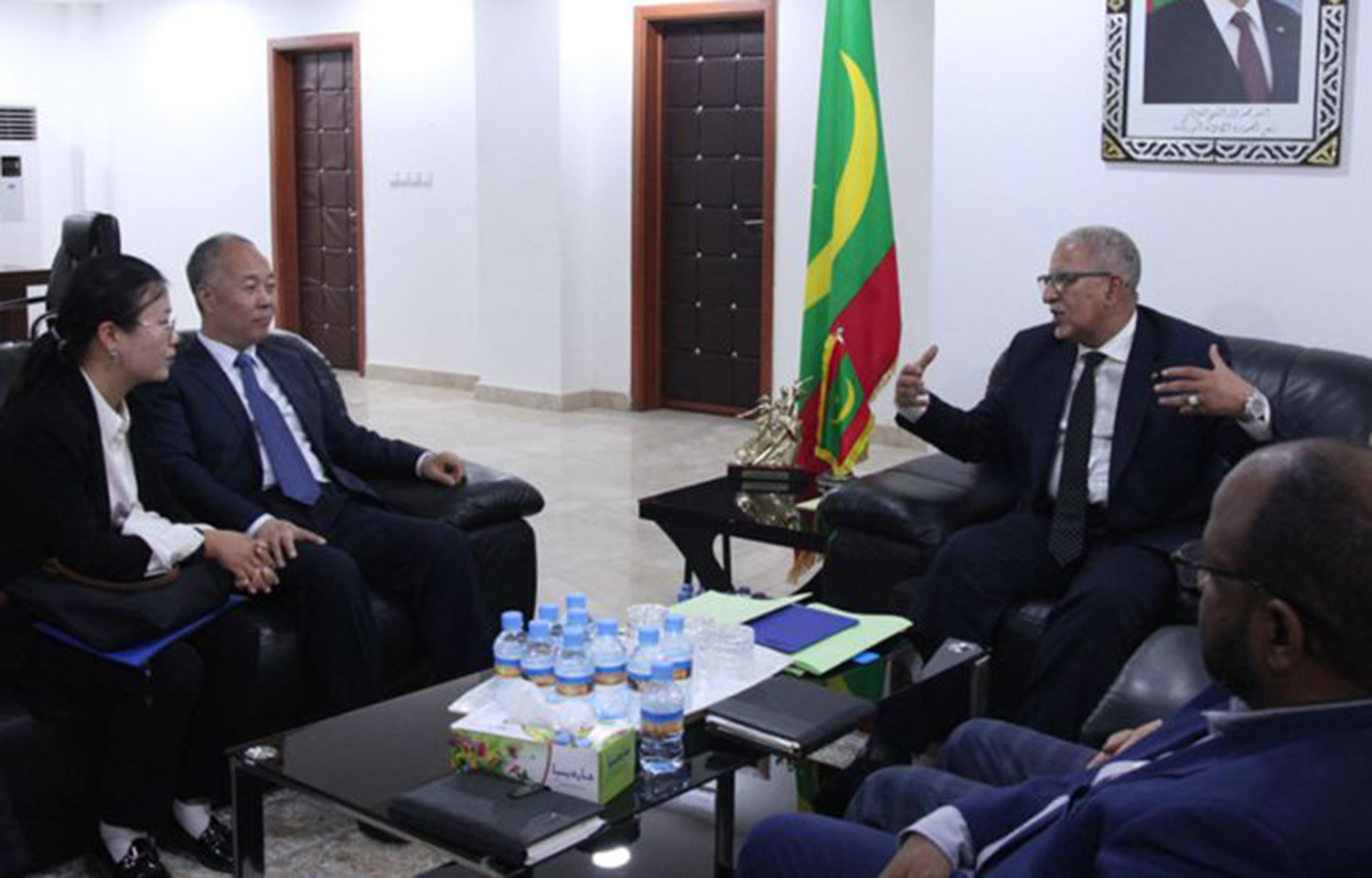China wants to sign a new fisheries cooperation agreement with Mauritania, a hub of fishmeal and fish oil production in West Africa.
Beijing also wants to reinstate a fisheries dialogue between the two governments, China Deputy Minister for Agriculture Ma Youxiang, who is responsible for China’s fisheries regulation and policy, said during a recent visit to Mauritanian capital Nouakchott. Ma said China wants to cooperate with Mauritania on wild fisheries capture, aquaculture, and fighting illegal, unreported, and unregulated (IUU) fishing, according to a statement published by the China Agriculture Ministry.
During the 27 May meeting, Ma met with Mauritania Fisheries and Marine Economy Minister Mokhtar El Housseinou Lam, who said his country welcomes Chinse investment in aquaculture and in fish processing and would, in turn, introduce policies to improve the local business environment for Chinese companies operating there.
Lam pointed to the first fisheries access agreement signed between Nouakchott and Beijing in 1991, its renewal in 2011, and the construction of a fishery base in Mauritania by Fuzhou Hong Dong Pelagic Fishery as evidence of the positive trading relationship between the two countries in relation to seafood, according to the Mauritanian government information agency.
Hong Dong is a privately owned distant-water fishing company with a large processing operation in Mauritania for seafood shipped to China and Europe. In 2010, it signed a controversial deal, giving it access to Mauritanian waters in return for a USD 100 million (EUR 92.3 million) investment in local processing facilities.
Lam also noted Chinese construction companies are finishing several port redevelopments in Mauritania as part of the country’s efforts to develop local industries that will create jobs, reduce food insecurity, and increase Mauritania’s export earnings.
While in Nouakchott, Ma also met with a group of executives from Chinese-owned fishery enterprises and visited the Chinese-funded Animal Husbandry Technology Demonstration Center, which he said could play a role in further strengthening Mauritania’s aquaculture industry through breed improvement, forage planting, and the development of better breeding models.








